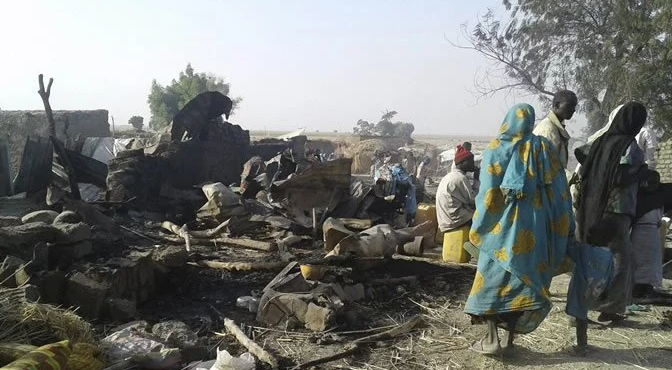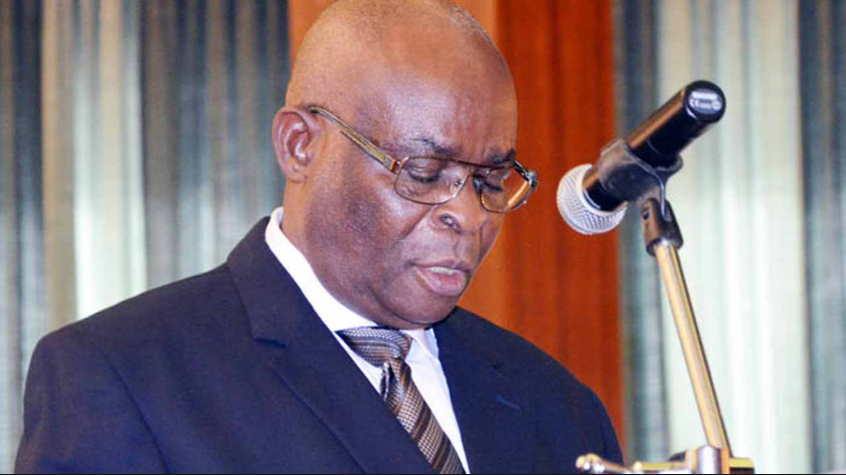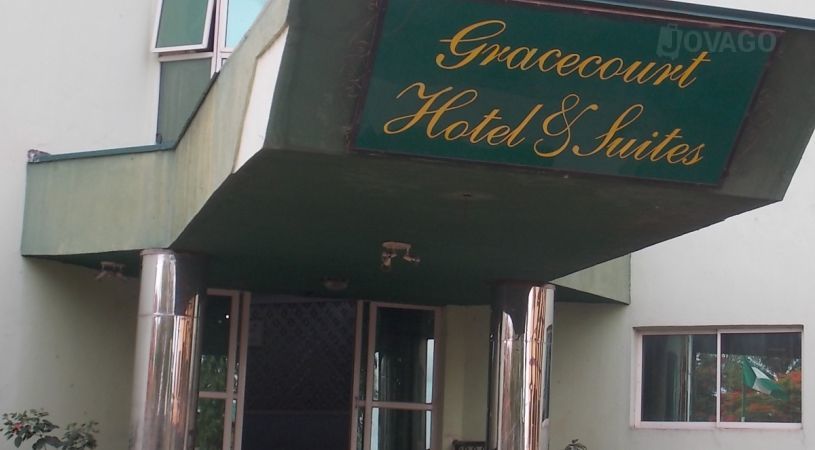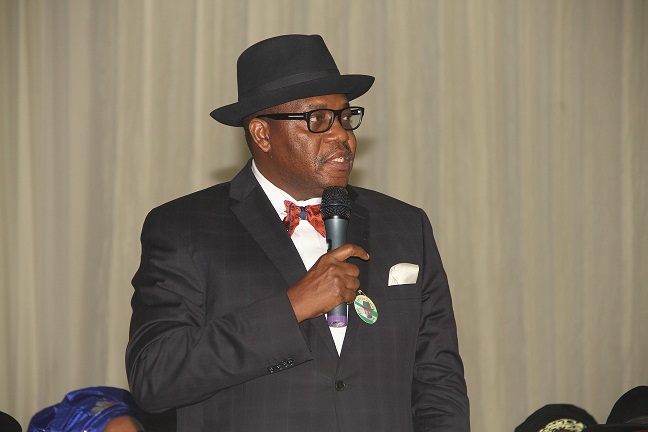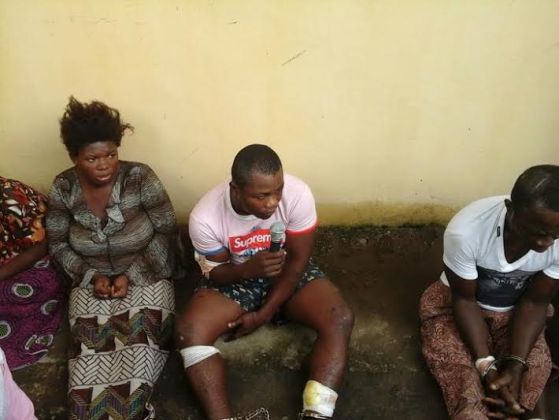Nigeria has had all sorts of lows in the fight against insurgency in its north-east region, but the country seems to always find fresh lows, as it crawls its way out of the deadly fangs of a brutal sect — Boko Haram.
The military, in the past, has been accused of not treating civilians as well as it should, and not abiding by the rules of engagement in the war against terrorism. Stories emanating from Rann, Borno state, as narrated below, is another testament to the long-held notion of neglect for the rules of war.
HERE IS ‘EXACTLY’ WHAT HAPPENED IN RANN
Based on a number of interviews TheCable did — with aid workers, victims, caretakers, local government officials, members of the civillian joint task force (JTF) and a senior military source, who wished not to be named — the Rann bombing of January 17, 2017, may be an accident worth revisiting.
At a little past 12pm on Tuesday, a military jet was seen hovering over the settlement for internally displaced persons (IDPs) in Rann, an aid worker, who was on ground as the unfortunate happened, narrated.
Advertisement
“We were with the soldiers on duty that day when we saw the unusual movement of the military jet, which came so low and close to the camp, and we immediately knew trouble was looming,” the aid worker, who sustained slight injuries in the attack, said.
“The soldiers immediately removed their uniforms and began waving it in a particular manner, which was expected to show to the officer manning the jet, that this was civillian territory, with military protection, and that it should not proceed with the operation.
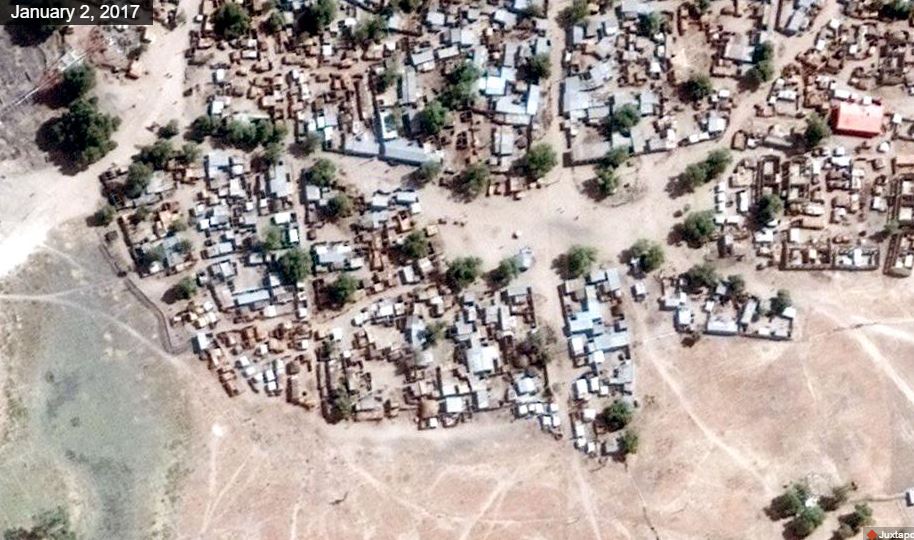
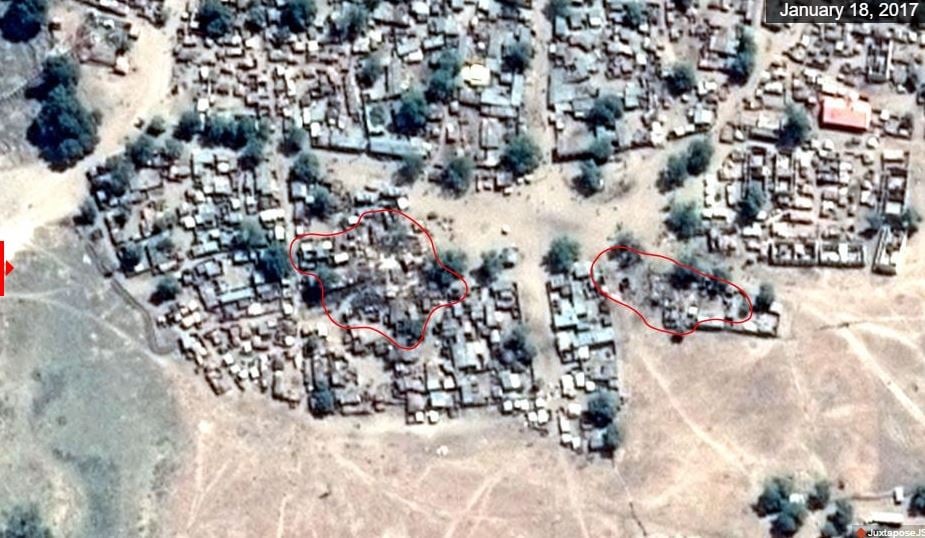
“After so much waving, the military jet came over the camp again. It did not communicate with the soldiers on ground. It was rather in touch with the headquarters. At least that was what the soldiers eventually told us after we ended up in the hospital.
Advertisement
“The officer who manned the jet was said to have reported to the headquarters that he did not see any insurgent, all he could see was an army camp, and tents belonging to the Red Cross. But they commanded him to carry on with the operation as instructed.
“He dropped the first bomb, near the Red Cross tent, but little damage was done. The soldiers waved their uniforms even more, but the jet went over the area again; at this time, the soldiers knew he was not willing to act based on their signals, so they ran into the bush, and the jet dropped a second bomb, which did the major damage.
“Not a single soldier died in the attack — just us, just civilians.”
Other persons who spoke to TheCable corroborated this account, though with individual perspective.
Advertisement
A military officer, who confided to TheCable, added that this was not the first time the air force was missing its target.
“But you can’t blame the air force, blame the government of those regions who ensure no roads lead to these communities. It is always very difficult to access these communities by road, which is a more definite way to apprehend insurgents,” he said.
“Some people will be judged by God, on the very day they die. Wicked souls,” the senior military source said, visibly angry.
LUCKY IRABOR: AN OFFICER AND A GENTLEMAN
In the past, the military had been accused of committing various war crimes in its battle against insurgency. But the military has continually denied this, via press statements and interviews.
Advertisement
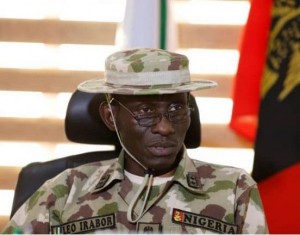
A detailed 2015 report by Amnesty International titled “Stars on their shoulders. Blood on their hands”, the human rights agency listed war crimes committed by the military, to include: extra-judicial killings, death in custody, enforced disappearance, torture and ill treatment.
Chris Olukolade, a major general and defence spokesperson at the time, said the defence headquarters saw the report as was a compilation of “gruesome allegations… against some senior military officers”.
Advertisement
“It is unfortunate that all effort made in the allegation was geared towards continuation of blackmail against the military hierarchy in which the organisation had embarked upon as far back as the inception of military’s action against terrorists in the North East,” Olukolade said.
US-based Human Rights Watch (HRW), in 2016, also said “Nigerian security forces have neither taken adequate steps to protect civilians during operations against Boko Haram, nor to protect the rights of rescued hostages”.
Advertisement
Less than 24 hours after the attack, HRW released footage of the portion of Rann, bombed by the military, stating that “at least 35 structures were destroyed in the attack, including shelters for displaced people”.
In an unprecedented show of responsibility, Lucky Irabor, the theatre commander for operation Lafiya Dole, admitted that he ordered the attacks in Rann, based on intelligence received. His acceptance of responsibility is a new era for the Nigerian military.
Advertisement
Though Irabor never stated the source of the intelligence, TheCable gathered from a senior military source that it was sent by the major state-run aid agency, from one of the powerful countries in the west (name withheld for diplomatic and security reasons).
In all, one thing is clear: the old military denies outright, the new military takes responsibility.
QUESTIONS THE NEW MILITARY MUST ANSWER
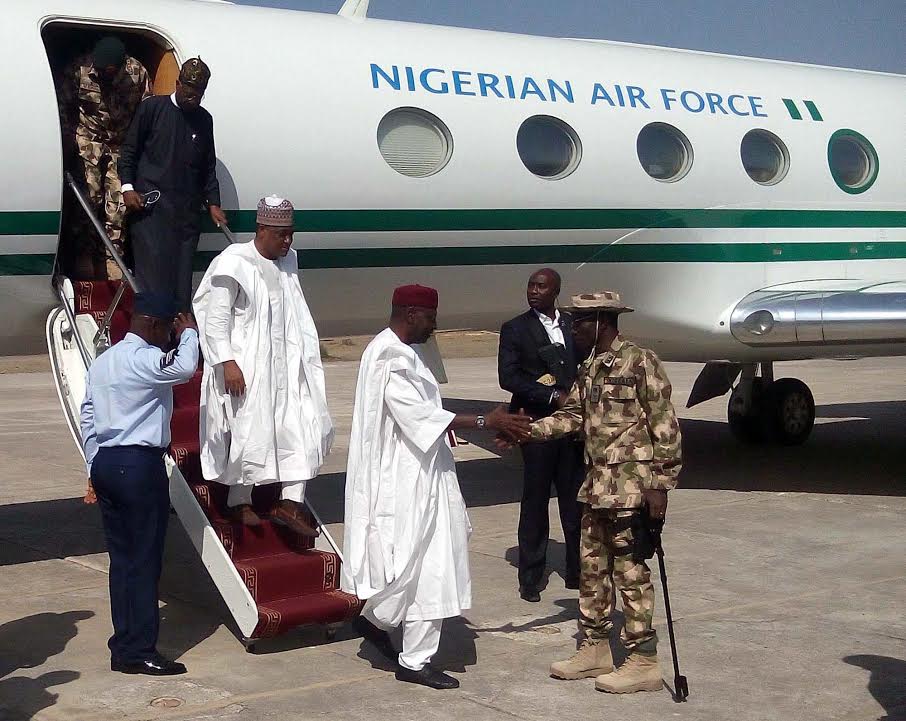
Mausi Segun, senior Nigeria researcher at Human Rights Watch, said “the Nigerian military has taken an important and rare step in accepting responsibility for this horrible attack”.
She went on to ask the military to “go further by explaining how it came to attack a displacement settlement”, also requesting that “the wounded and relatives of those who lost their lives” should be compensated.
The Nigerian air force immediately constituted a board of senior officers to investigate the accidental air strike. The committee is mandated “to determine the immediate and remote causes as well as the circumstances that led to the incident. This is with a view to forestall future occurrence.
“The Board is to submit its report not later than 2 February 2017.”
The committee’s report has been due for three weeks, but till date, no explanation has been made to Nigerians on an attack, which killed more than 100 people.
Calls made to Irabor by TheCable on the progress of the report were not answered nor returned. Messages sent were also ignored.
What happened in Rann? Despite all efforts to stop the officer manning the fighter jet, why did he insist on bombing the civillian locations? What compensation will the families of the deceased and injured persons get? How do we ensure that such unfortunate occurence does not repeat itself? These are questions the military must answer.
As for the federal government; can better healthcare be made available for victims? Do they get some sort of federal relief and compensation? How do we ensure victims of insurgency are not always wishing they had died in the attacks that left them injured or maimed?
You can catch up with the first, second and third parts of this series.
This is a special investigative project by Cable Newspaper Journalism Foundation (CNJF) in partnership with TheCable, supported by the MacArthur Foundation. Published materials are not the views of the MacArthur Foundation.
Add a comment

